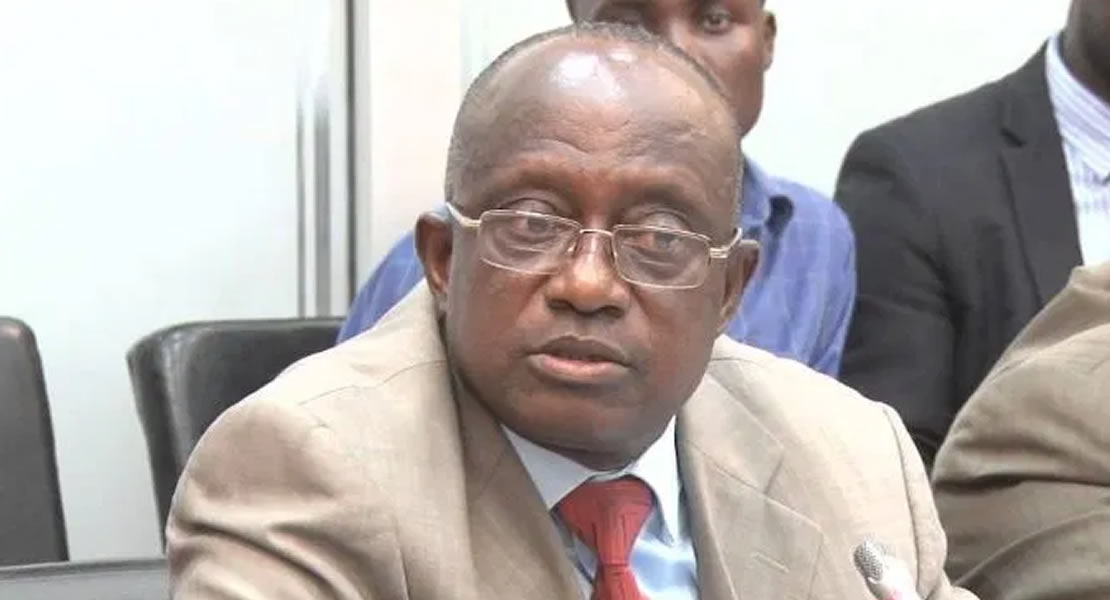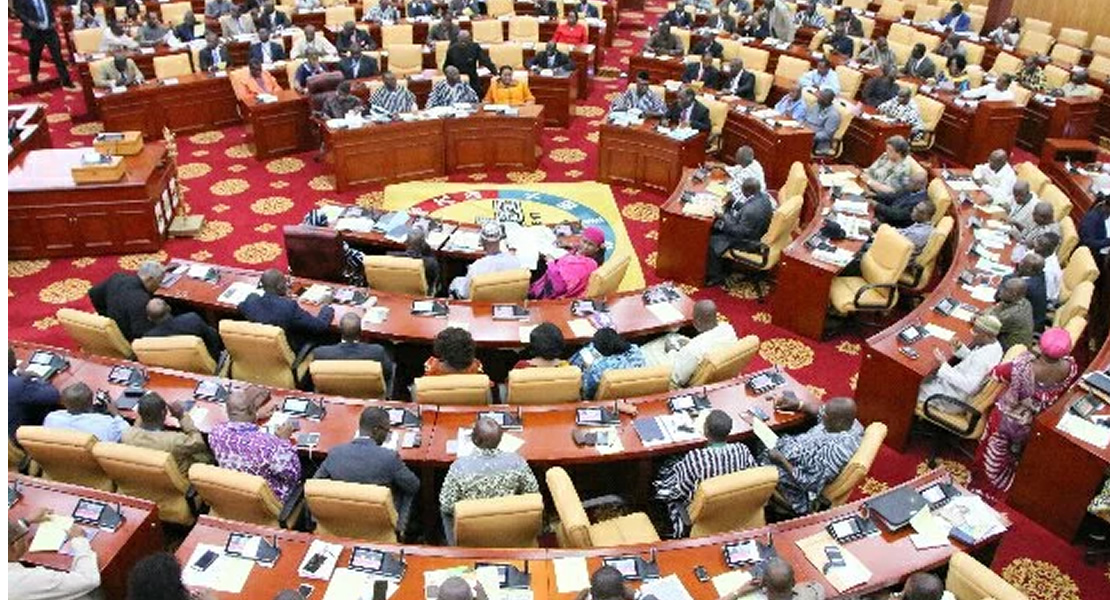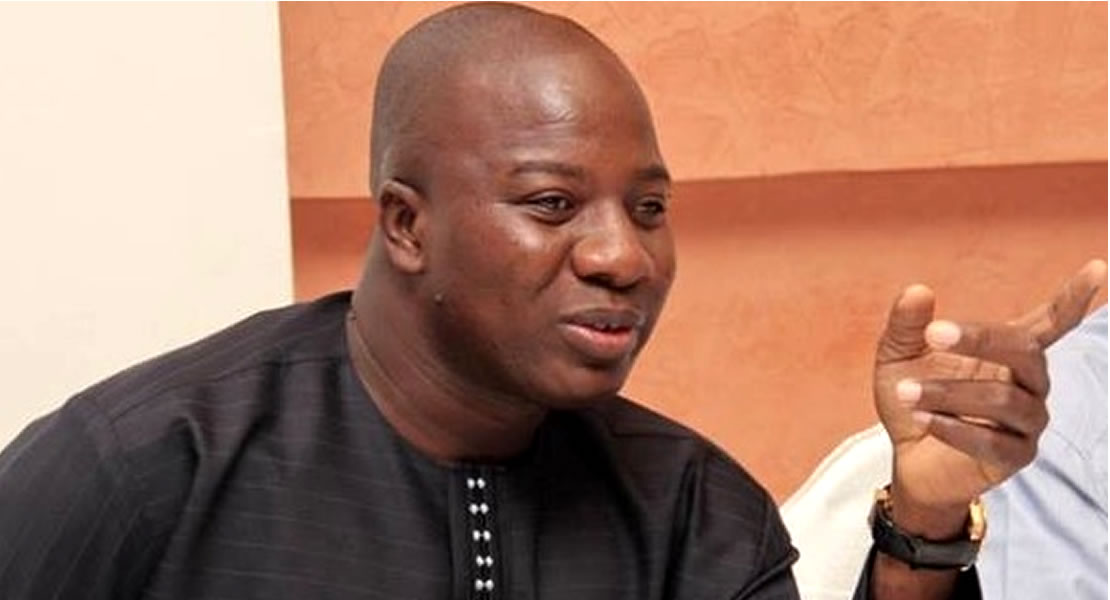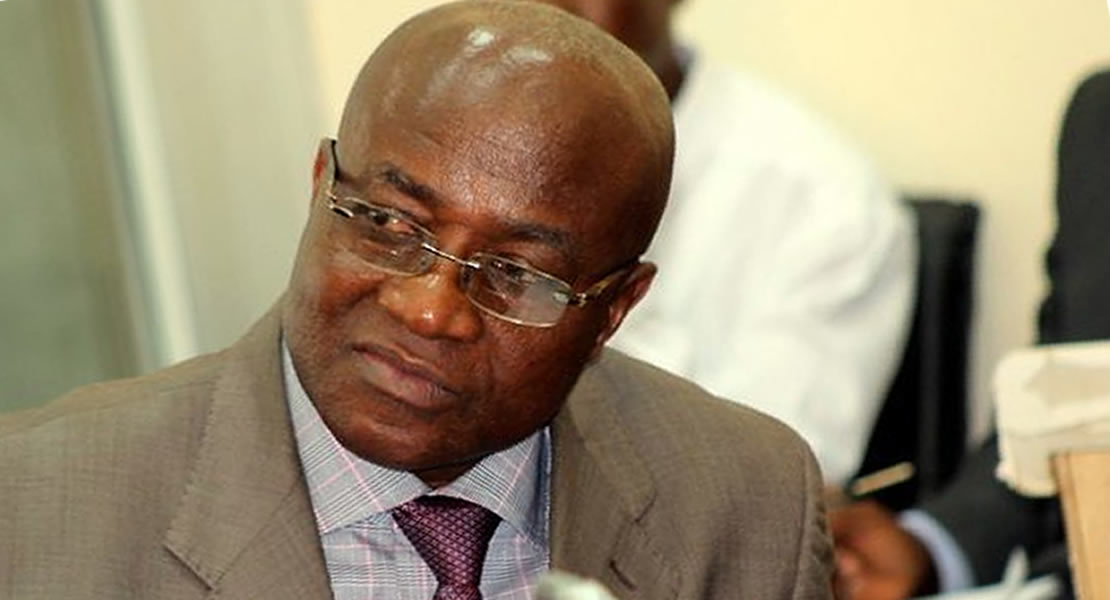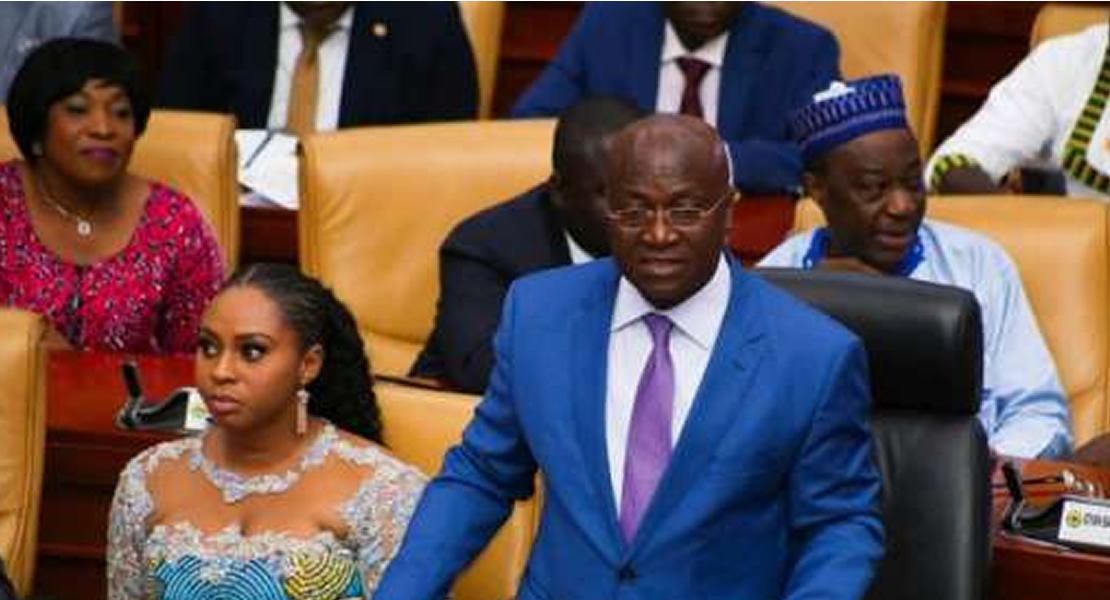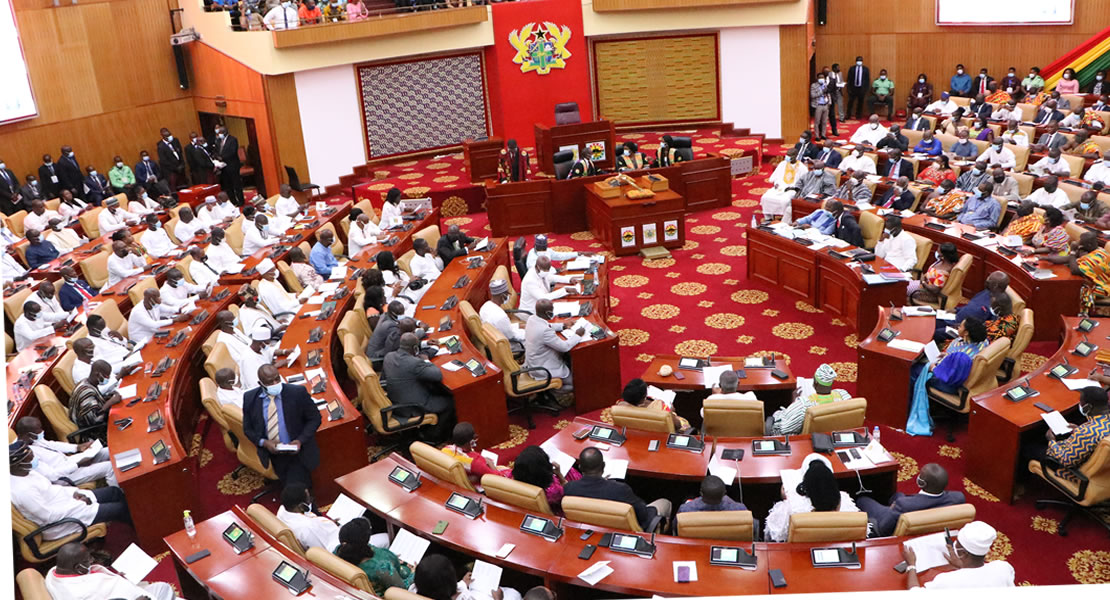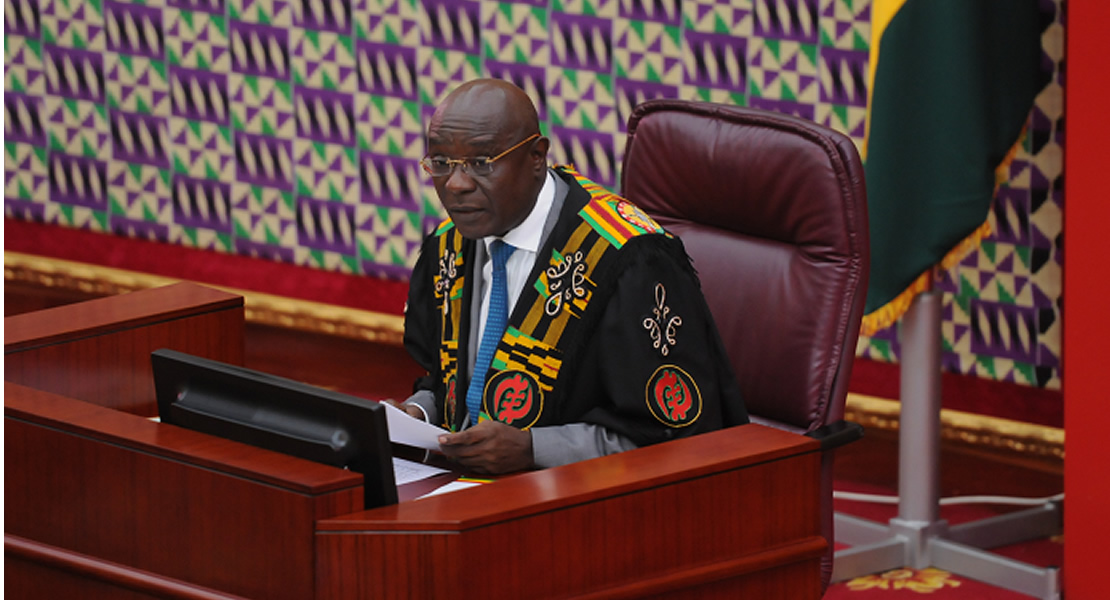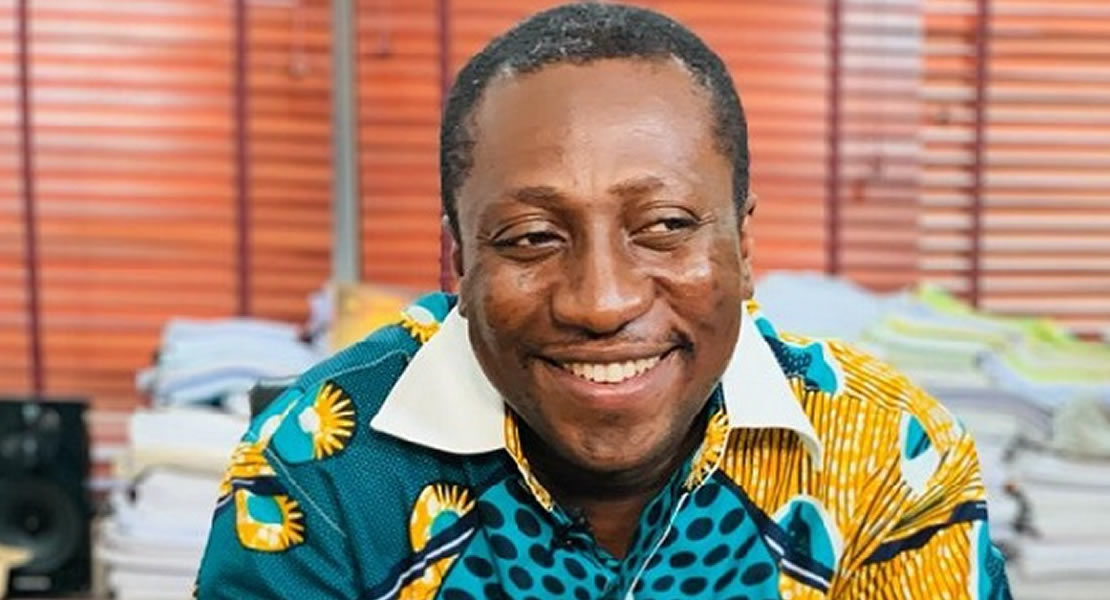The Minority in Parliament has called on organized labour and Ghanaiansnot to accept an increse in Value Added Tax (VAT) rate.
Parliament on Friday approved amendments to the new VAT bill raising the threshold from the current 12 and a half percent to 15 percent much against the objection of the minority caucus.
The Minority Leader, Osei Kyei Mensah Bonsu at a Press briefing in Accra on Monday described the increment as reprehensive and condemnable adding that the processes that led to the hike was an affront to parliamentary democracy and good governance.
Below is a full text of the Minority’ statement issued during the press confab on Monday, November 18, 2013.
THE INCREASE IN THE VAT RATE BY 2 1/2% AND CONNECTED MATTERS – A STATEMENT BY THE NPP MINORITY CAUCUS, MONDAY NOVEMBER 18, 2013
Last Friday, November 1 5, 2013 President John Mahama caused an increase in the Value Added Tax (VAT) rate by two and a-half percent to be foisted on the nation.
The disingenuous contrivance was supported by the presiding person, Hon, Ebo Barton-Oduro, the 1st Deputy Speaker. The confounding events culminating into the introduction of the 2 1/2% increase in the VAT rate are reprehensible and condemnable as they sounded the death-knell of Parliament. To that extent, last Friday’s incident was a disgraceful and shameful to Parliamentary democracy and, indeed, to good democratic governance.
The Value Added Tax Bill. 2013 was introduced in Parliament in July 2013. Ever since it was read the first time rumours had saturated Parliament to the effect that the John Mahama-led NDC government was purposed to use the opportunity to increase the rate of VAT.
The Minority Leader upon enquiry from his caucus members engaged his counterpart, the Majority Leader, Dr. Benjamin Kunbuor on the veracity of the rumour, but the Majority Leader flatly denied any such intentions on the part of government. Dr. Kunbuor is the Minister in charge of Government Business in Parliament.
On two other separate occasions, the Minority Leader engaged the Minister of Finance and Economic Planning, Mr. Seth Tekper on the persistent rumour. The Minister’s response was that no such consideration had come before Cabinet and that he had been informed that the managers of the National Health Insurance Scheme were the people who were lobbying for that. The Minister firmly assured that the taxes and levies that had already been introduced were sufficient to rake in enough revenue to lubricate the system and hence government was not minded to increase the VAT rate. This assurance, the second of which was in the week preceding last Friday, when the increase occurred, the Minority Leader again communicated to his Caucus Members.
In the circumstance, the act of increasing VAT rate last Friday constituted a grotesque betrayal of trust. Parliament thrives on consensus-building. Is the Majority Leader to be taken serious by his colleagues from now on ? The motion to increase the VAT rate which is an imposition of tax as done on behalf of President Mahama as article 108 provides. The conduct of the Minister of Finance who earlier assured, on behalf of the President, that no enhancement of the rate was intended but whose Deputy moved the motion to increase the rate with the Minister sitting beside him is even more questionable. Is the Minister of Finance or, indeed, President Mahama to be believed by the people of this country from now on? Has governance been reduced lo propaganda, deception and outright lies?
When the Deputy Minister moved to increase the rate of the VAT he introduced new policy intent and principles into a Bill that had been read the second time where the principles and policy had been debated. If Parliament had to take it after the Deputy Minister had moved his amendment motion, then we had to discuss the policy and principles again but Order 128(2) provides that “at the consideration stage of a bill the House shall not discuss the principles of the bill”. In other words, nothing should be introduced which will engender a re-visitation to the principle of the bill. Indeed, the introduction of the VAT rate enhancement clause was inconsistent with an earlier decision of the House which was that the rate of the (VAT) is 12 1/2 % percent. Order 128 (4)(b) provides that any amendment (including new clauses and new schedules) ”must not be inconsistent with any clause already agreed to or any decision already come to by the House”. The rate of the tax as contained in the clause 3 of the Bill had already been agreed to.
It is also important to note the indecent haste with which the Presiding Member curtailed further debate on the proposed amendment by the Minister. Order 83(3) obligates the 1″ Deputy Speaker, after the Minister had moved for the deletion of the 12 1/2% rate, to have invited justification and counter reasons renewed debate or consideration and thereafter put the question and if the question was agreed to only then could he call for what was to be inserted. The transaction of business did not conform to known procedures. It was unorthodox, it was bizarre, it was all a mud rush.
Again, one notes the lightening speed with which the Presiding Member closed further deliberation on the Bill in the House by allowing a motion for the Third Reading of the Bill in flagrant breach of Order 131(1) which provides “A Bill having passed through the consideration stage, the Third Reading shall not be taken until at least twenty-four hours have elapsed”. Besides, it is instructive to note that when the Chairman of the Finance Committee moved his motion for a second consideration it was in respect of specific provisions in the bill as Order 130(1) provides, it was not for a reconsideration of the whole bill. In the circumstance, the Deputy Minister of Finance who moved to amend clause three (3) of the bill should have come with his own application for a second consideration in respect of the clause (3) as required by Order 130(1 ).
He did not do that but chose to float on an earlier application for a specific purpose which had been made by the Finance Committee Chairman. The 1st Deputy Speaker who was presiding had no business admitting the motion to amend clause 3 in the manner it was done. Obviously, the Speaker was determined to do what he did and did not care whether or not our procedures were complied with. That is the Speakership which afflicts Ghana’s Parliament. To the Speaker, the end justifies the means! !
Order 96(1) is particularly significant on the protection of the rights of the Minority. Whereas the Majority in Parliament may always have their ways it is imperative that the Minority be accorded space to have their say. This principle is pivotal to good governance. If the Majority conspire to whittle away space for the minority, democracy is stabbed in the back as happened last Friday.
The purpose of any bill is captured in the accompanying memorandum. That is provided for in Article 106(2)(a) of the 1992 constitution. The purpose of the Value Added Tax Bill, 2003 is expressed in its accompanying memorandum. The object of the bill is to revise and consolidate the laws relating to VAT. Pursuant to this, the bill aims at simplifying tax legislation in respect of integration and modernization of revenue administration to make it more user-friendly and iron out the differences in compliance requirements. It has nothing to do with increasing the rate of VAT.
Notwithstanding, if government purposes to increase taxes it is their prerogative. However, any responsible government would want to and indeed engage the citizens if they want to impose taxation. Even in the colonial regime citizens demonstrated and boycotted shops when the colonial government imposed taxation without consulting the people. The NDC believes that the Minority must not be engaged. The Representatives of the people do not matter and that is why the Majority Leader was insistent that once the Speaker has put the question the matter was closed and nobody should be entertained.
Increasing the VAT rate by 2 1/2% was done on behalf of the President. It could not be done by an ordinary Member of Parliament. It must come from someone that the President has sent for that purpose. This is what Article 108 is about. In that regard, it represents a major policy intervention by the President. The intervention by the Majority Leader that increasing the VAT rate is not a policy measure could only be laughable. The policy- drive and the principle underpinning the introduction ought to have been clearly established iEI the memorandum of the bill, unfortunately, it is not there.
As Article 106(2)(a) requires, what the defects in the existing regime are, ought to have been established. What are the remedies to cure the identified defects in the new regime? No such thing is captured in the memorandum. What has occasioned the urgent necessity for its introduction?
Since the Minister of Finance had already assured that the new measures put in place are sufficient to generate enough revenue without any VAT rate enhancement what happens to those measures already in place? Is government minded to review downwards or even repeal the tax measures put in place or at least some of them before this enhancement? What are the financial implications? The Finance Minister has already spoken about pressure from the managers of NHlS. Is a portion of this new enhancement going to NHIS, and if so, how much? What is going to be the impact on such a course?
The Minister alluded to the usage of such accumulation for infrastructural development. Which infrastructural development did he have in mind? Should Parliament have earmarked certain proportions to specific programs? if Parliament had taken time to interrogate the request by the President, Parliament then would be better positioned to trace and track the use of the new tax increase and thereby strengthen its oversight over the Executive. As it happened, Parliament has surrendered or weakened its oversight responsibility in this regard. It is a tragedy that Parliament should thus shoot itself in the foot.
Ghana must remain very competitive in Africa and, in particular, in the sub-region. How is this new regime going to affect our competitiveness in a holistic manner? Parliament should have probed further into this.
In all these we should remember that Parliament is the body that represents the people of this country. The Executive are the servants of the people. Those who serve (the Executive) cannot and should be allowed to lord it over the people or the Representatives of the People (i.e. Parliament). Unfortunately, it is clear that is the path that our Speakers of Parliament have chosen for the Parliament of Ghana. It is a complete disservice to the people. Those Members of Parliament who think that they must always do the bidding of the President must know they are stabbing the people they represent at the back.
The Parliament of Ghana was deprived of the opportunity to conduct due diligence in the increase in the rate of VAT. This crude attempt to increase the VAT rate is happening at the time the nation has become aware of massive leakages in the system and also at the time of revelations of corruption of
scandalous proportions. Even if Parliament was minded to agree with government on an upward adjustment of the VAT rate, Parliament ought to have demanded to know what commensurate measures government had put in place to plug the leakages in the system and combat corruption. That the Parliament failed to do this is a dereliction of responsibility. It is a deficit in Parliament’s oversight responsibility. If Parliament continues this way, it will remain a mere boot note in democratic governance.
The net detect of this increase in the VAT rate and in this form is that the purchasing power of consumers will contract. The standard of living of the generality of Ghanaians will be lowered further, especially at a time when the local currency, the Ghana cedi, is suffering continuous depreciation against all the major currencies. Agricultural production and local industry will be negatively affected. The economy will stagger and the projection of government to generate an additional GHC745 million is not likely to happen. That is why the Minority Caucus is opposed to Foisting the 2 1/2% VAT threshold increase which in itself translates to a 20% increase in the existing rate, in this manner on the already overburdened tax-payers of the country.
It is for this reason why we are calling on Ghanaians to rise up to resist the rule of the oppressors; a President who has no sense of compunction. Why did it become necessary for the hikes in utility tariff rates to be lowered and then the VAT rate to be increased, so suddenly. Is it the case of double speak.
Mr. President?
Fellow countrymen, ladies and gentlemen, enough is enough.
Thank you ladies and gentlemen of the media.
